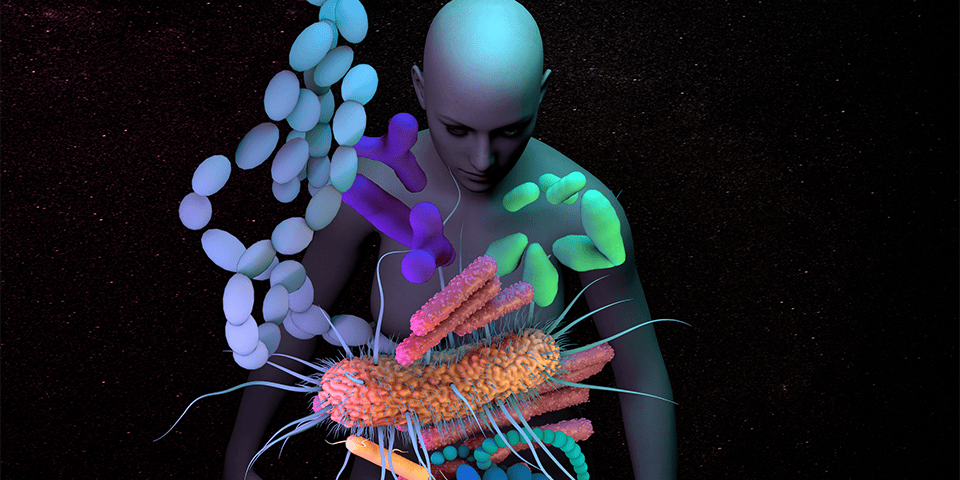Exploring the Association of Loneliness and Wisdom with Gut Microbial Diversity and Composition

Previous studies have shown that lonely people tend to show less wisdom, and that loneliness and wisdom have opposite effects on well-being. Research has also shown that loneliness is associated with changes in the cardiovascular, neuroendocrine, and immune functions, including the activation of biological pathways associated with the microbiota-gut-brain axis, such as the hypothalamic-pituitary-adrenal axis. With this in mind, this study investigated whether the gut microbiome is associated with loneliness, wisdom, or both.
The study took place with 184 community-dwelling adults with ages ranging from 28 to 97 years. Participants were asked to complete a questionnaire that measured loneliness, wisdom, compassion, social support, and social engagement. Also, fecal samples from the participants were profiled with 16S rRNA sequencing to assess the alpha and beta diversity of each participant. Alpha diversity refers to the degree of diversity in bacteria from a specific ecosystem and beta diversity refers to the degree of diversity in bacteria belonging to different ecosystems.
A partial least square regression analysis showed that having more wisdom, compassion, social support and social engagement was associated with more alpha diversity while loneliness was associated with less alpha diversity. Having more compassion and wisdom was also associated with a higher level of beta diversity.
The findings of this study suggest that 1) individuals with certain psychosocial traits such as wisdom, compassion, social support, and social engagement are more likely to have a diverse microbiota, and 2) increasing compassion and wisdom may have a positive effect on both loneliness and microbial diversity.
It should be noticed that the relationship between the microbiome, positive psychosocial traits, and loneliness is likely to be bi-directional. For example, the neurocircuitry of wisdom overlaps with structures implicated in the microbiota-gut-brain axis and a healthy microbiome appear to promote social motivation. As such, improving the microbiome may promote the development of psychosocial factors that themselves have a positive impact on microbiota diversity.
Read more about the connection between the Gut-Brain-Axis/Microbiome and psychological well-being and mental health in CNP’s upcoming curriculum entitled NP 120: Gut-Brain-Axis/Microbiome and Mental Health (coming 2022) or visit the Diet, Microbiome and Gut-Brain Axis or the Diet and Probiotics Research Categories in the NP Research Library.
References
Nguyen, T. T., Zhang, X., Wu, T. C., Liu, J., Le, C., Tu, X. M., Knight, R., & Jeste, D. V. (2021). Association of loneliness and wisdom with gut microbial diversity and composition: An exploratory study. Frontiers in Psychiatry, 12, 648475. https://doi.org/10.3389/fpsyt.2021.648475








Leave a comment